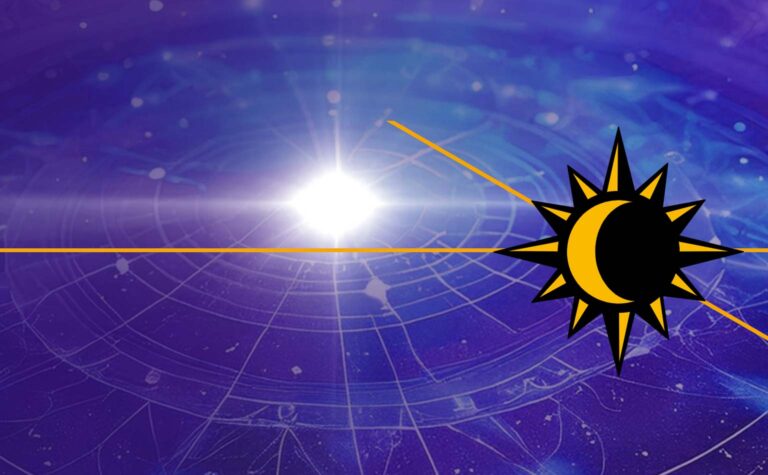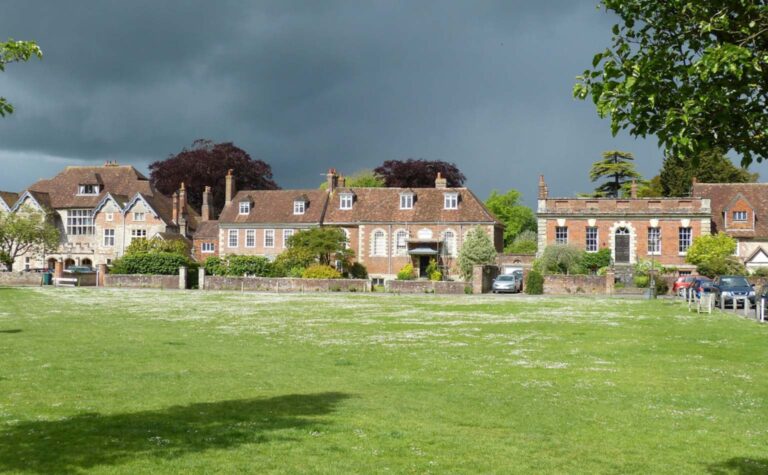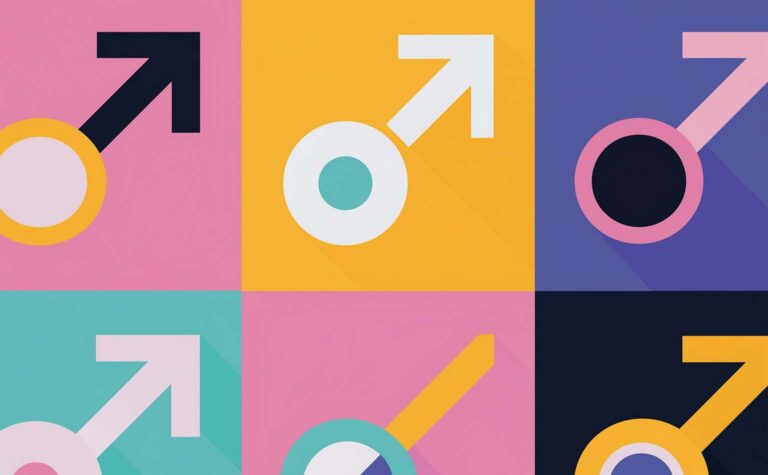85% of counsellors registered with the BACP (British Association of Counsellors and Psychotherapists) are of menopausal age.
A questionnaire prepared by a psychotherapy student from Nottingham University as part of her dissertation on the menopause revealed that most therapists believe that ‘training in and support with the menopause within the professional is “essential.”’
Yet there is no official training, guidance, or information for therapists on preparing for this profound and daunting life change. This fact was born out during the workshop I recently ran on Sex, Meaning and the Menopause for a well established Wiltshire counselling service.
Seventeen therapists, including a psycho-sexual counsellor, a Jungian analyst, and one brave man signed up for the one-day workshop. The aim of the day is to provide a space in the morning for therapists to talk about their own personal experiences of the menopause, and then take what they have discussed into their professional development work during the afternoon session.
Nevertheless, it continues to amaze me that in a room full of therapists on their way to fifty, or who are well into their fifties and even sixties, this workshop was the first time most of them had ever spoken about the menopause in any depth, or admitted to how it is affecting their lives.
Several therapists had asked their GP for help and advice, but similar to the findings in my book, Sex, Meaning and the Menopause, most had been disappointed by a general lack of information and felt rushed out of the surgery, or were ‘fobbed off’ with a prescription for HRT.
Initial responses from younger therapists, unaware they were almost certainly peri-menopausal, were particularly disconcerting. One therapist in her early forties announced dryly, ‘I’m here to find out more about it [menopause] for my client work. But it’s not going to happen to me.’ (This reminded me of our western attitude towards our inevitable mortality, and how we bury our heads in the sand over that too).
Anyway, after we all had had a jolly good laugh, another younger therapist admitted to being completely in the dark about the menopause, and frightened of it. The male therapist, also in his forties, confessed that he ‘hadn’t got a clue about it.’
It made me wonder that if a group of therapists, well used to personal development, have little idea about the changes that the menopause brings to them personally, how are they to support clients going through the menopause, or work confidently with older couples? As one couples’ therapist commented, ‘The menopause lies at the heart of many difficulties experienced in older relationships.’
To address this, we spent some time talking about how the menopause affects the working life of a therapist. The main issue was dealing with hot flushes, which resulted in a discussion on whether self-disclosure is appropriate.
‘I don’t think my clients need to know, unless she – or he – is obviously bothered by it,’ said one therapist. Another said she was very uncomfortable when her neck and cheeks turned bright red, so would certainly explain what was going on: ‘I think it would be a bit odd if I pretended nothing was happening.’ Yet another said, ‘Clients are going to notice that you’re ripping off your cardigan all the time. So, Yes. I would say something if I felt it was encroaching into the session.’
But not all considered hot flushes to be an embarrassment or inconvenience. One therapist used her hot flush during a session in a highly creative manner. ‘It arrived at the same moment as my client experienced a profound emotional release, so I used it to throw open the window and clear the air. It worked really well.’ After this, the therapist now listens to her hot flushes and uses them to measure the intensity of what her client might be feeling. ‘I find that really useful,’ she said.
Another issue focused on how menopausal women share a mutual, if unspoken, understanding about the changes they are going through. This clearly can be beneficial for a menopausal therapist working with an older female client. However, one therapist told us of a client who had left her previous therapist, because it had got ‘a little too intimate and comfortable.’
We also discussed younger therapists working with older clients. Most said they were perfectly happy to do so, but would certainly find out much more about how the menopause affects older women.
This instigated a discussion about the way the menopause coincides with other major life changes and challenges. For example, this is also the time when children leave home, parents start to age, husbands retire, and when grandchildren come along. ‘You can end up being a carer from morning, noon, until night,’ said a therapist in her sixties. ‘It’s very important to find a balance, otherwise you’ll burn out.’
These issues were by no means all we spoke about, and the unanimous positive feedback from the workshop heartened me. Seventeen more therapists are further equipped with information and knowledge about how the menopause affects them both personally and professionally.
If you run a counselling service, or are working as a group of therapists, and would like to know more about the workshop, please do get in contact. As the Nottingham University questionnaire on menopause reminds us, ‘Training in and support with the menopause within the professional is “essential.”’







5 comments
Angela
Hi Sue,
What a great insightful read, any suggestions good reads about the counsellors hot flushes that’s more recent.
Thanks
Angela
Bev ward
Hi, an interesting discussion. I am masters photography student at Nottingham Trent university and menopause is my subject. I am learning all sorts about myself and the Biopsychosocial aspects of,menopause and finding this interesting too. There is certainly a lack of awareness in society and I am hoping my images will contribute to changing that. I have found that most women-and men-are willing to talk about menopause if the subject is broached. Men are very interested even they find out they have a menopause too.
karenimagining
So true. I share your amazement. I think it mirrors the general public’s ignorance on the topic, and I find it so sad we are not talking more about it. I support women in re-writing their story through this profound period of life, and working on supporting women to tell their stories. It’s the only way we will ever end the silence. Somehow the entire public conversation seems to be about the symptoms rather that the emotional and spiritual journey.
Kathryn Colas
I’ve also been trying to get this point of view over to doctors and nursing staff in general practice. The ignorance is appalling. Good luck with Italy, Alexandra, I know you’ve been working hard over there.
Alexandra Pope
Hi Sue
This is a great read, lots of fascinating observations/thoughts. I am infact in Italy right now preparing for not one but two workshops on menopause! And each workshop is full – about 30 women in each. Women are really hungry for something meaningful on this topic. Will let you know how it all goes.